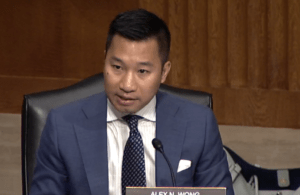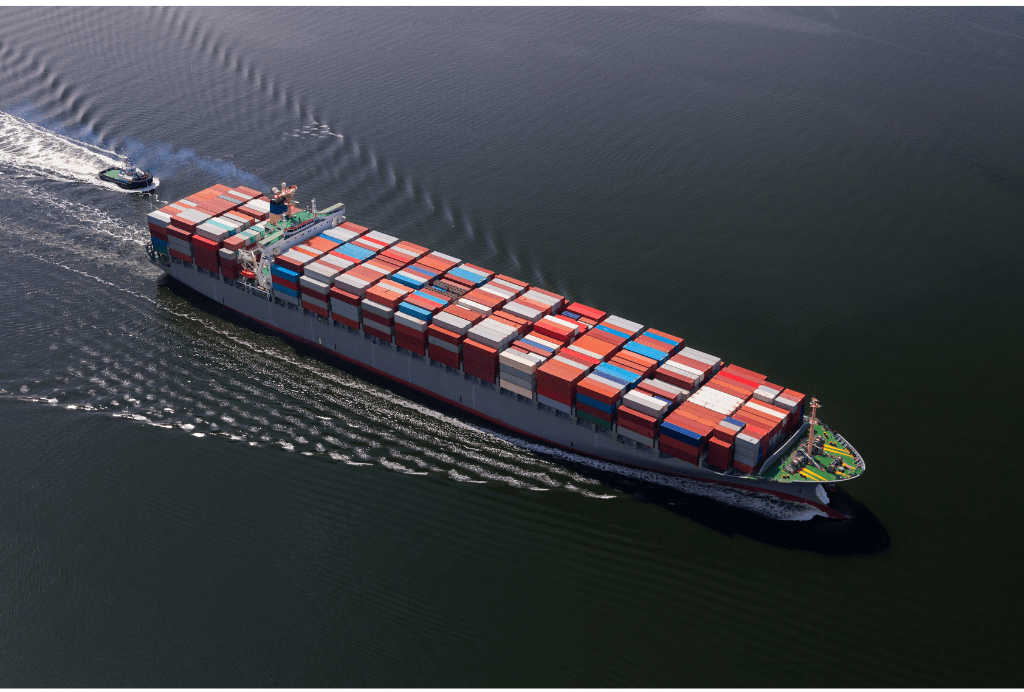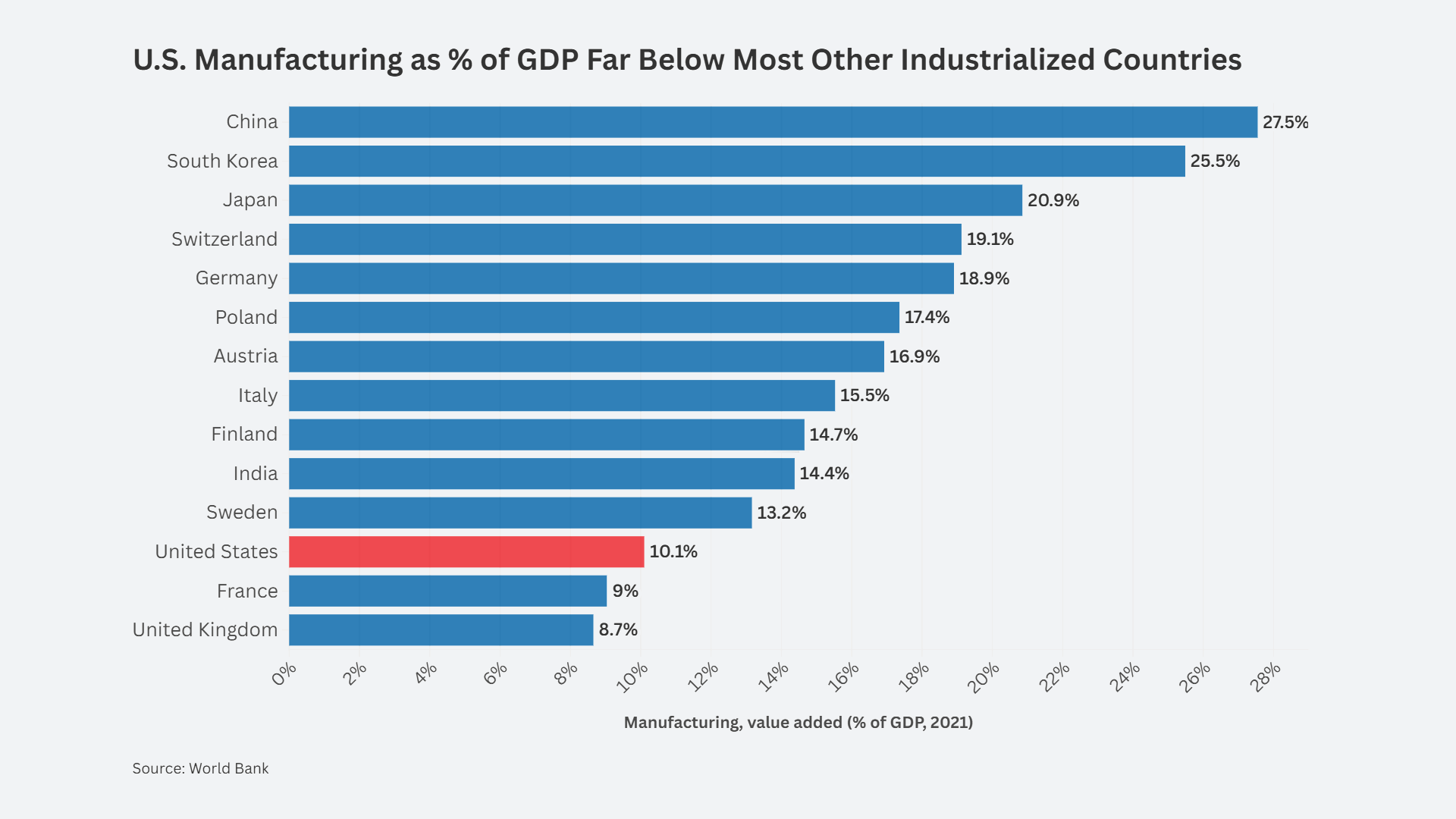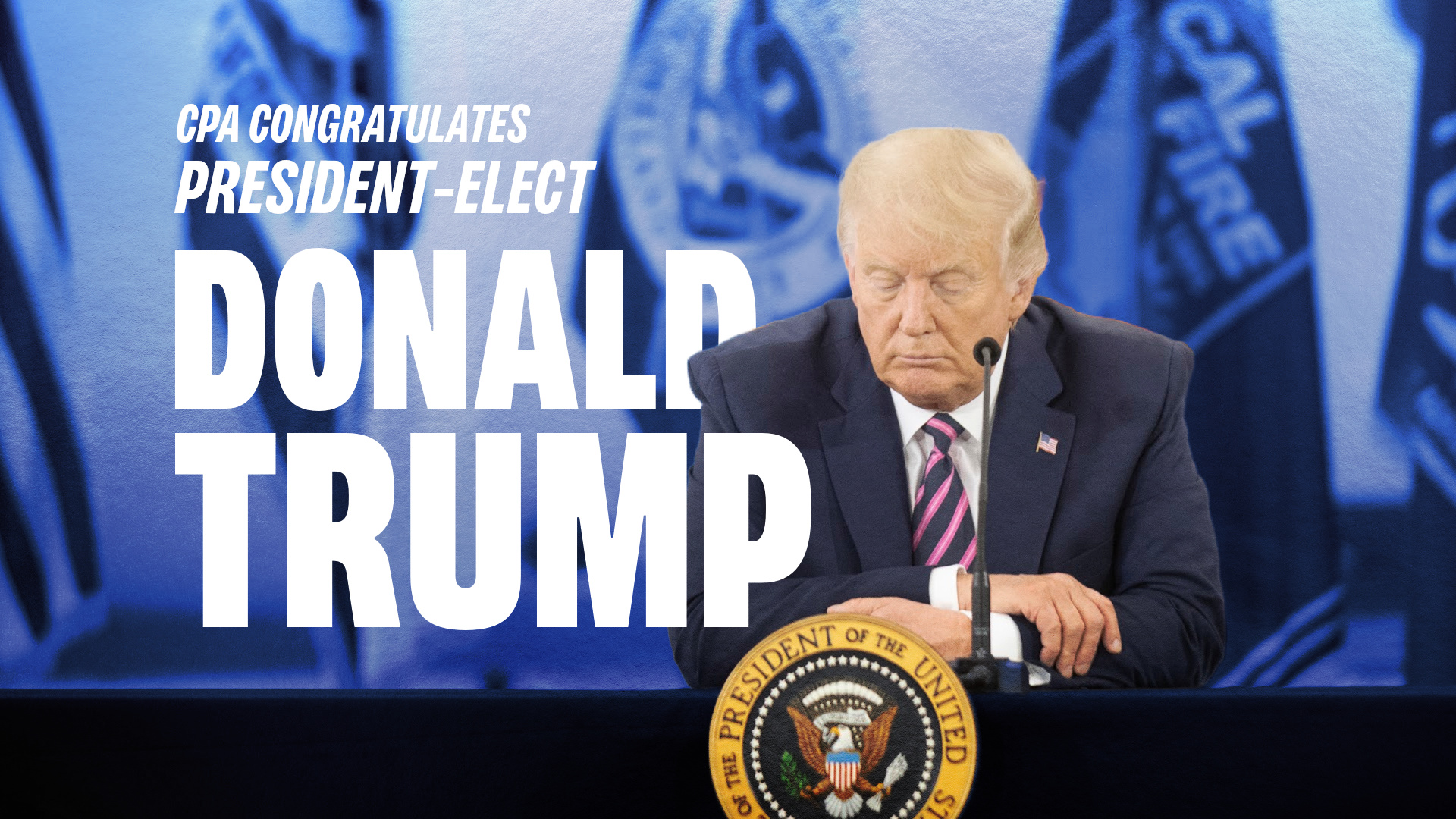The U.S. China Economic and Security Review Commission discussed China’s “zero covid” policies and its impact on supply chains on Wednesday, August 3. The biggest takeaway for CPA came from China Beige Book, a China macro-economic research firm. Shehzad Qazi, Chief Operating Officer and Managing Director at China Beige Book International came out in favor of taking supply out of China.
And while he included Janet Yellen’s favorite term “friend shoring” in his oral testimony, Qazi’s main point was that the Commerce Department and Customs needed to get granular with companies as to what comes from where. He recommended they start with pharmaceuticals and medical devices.
“Over the last two years, supply shortages have hit every sector of the U.S economy due to China,” Qazi said. “Zero Covid has serious repercussions to the U.S. and many people have talked about reshoring. I think first you have to identify the areas that are reliant on China. I propose China task Commerce or Census to develop a China supply chain tracker…so they know what part of your supplies and what factories are China dependent. You could create a pilot tracker focusing exclusively on pharma and medical devices,” he told the Commissioners. “These are integral to making supply chains more secure in the U.S. and more resilient.”
Vice Chair Kimberly Glas singled out this part of Qazi’s testimony. She inquired about his idea of a supply chain tracker.
Imports from China hit their high water market on the year in June, based on Thursday’s trade figures from the Bureau of Economic Analysis. Over the first half of the year, the U.S. trade gap with the rest of the world stood at more than $600 billion. At this rate, the U.S. is on par with making 2022 another record breaking year for the goods trade deficit. Reshoring, not friend-shoring, or near-shoring, is one of the main ways to stop the deindustrialization of the U.S. economy in favor of offshoring and services.
“We need to decide what matters most, what is critical to the economy, and make policy action,” Qazi recommended to her. “You need a tracker that helps you break down the components of the supply chain so you know what proportion of this is coming from China and from where in China and who makes it in China, so you truly understand what happens if there is a crisis that leads to disruption in supplies like this again,” he said. “Do you move supply chains someplace else? I think having a depth of knowledge on those supply chains first is a good start in making that call, rather than flying blind.”
He told the Commission that they should recommend Congress require companies in critical industries like essential medications and technologies such as semiconductors disclose their full list of suppliers to the Commerce Department. Congress could also mandate Customs to collect this information as part of the merchandize entry records. Full lists of suppliers across individual firms should be made available on a platform that can be accessed across agencies and the results should either be presented in a bi-annual report to Congress or be utilized in the reporting structure for what he called a “China Supply Chain Dependency Tracker.”
“Over the last two years supply shortages linked to China have hit nearly every major sector of the U.S. economy. Several policymakers have discussed reshoring, near-shoring, or friend-shoring supply chains. Any policy toward this end would benefit first from systematically identifying America’s supply chain dependency on China, especially in critical industries such as medical devices, pharmaceuticals, and technology. Policymakers can then benchmark the results of this analysis against metrics for making U.S. supply chains more secure and decide the necessary policy interventions.” — Shehzad Qazi, Chief Operating Officer and Managing Director at China Beige Book International, written testimony to the U.S. China Economic and Security Review Commission, Aug. 3, 2022. [see testimony]
Commissioner Mike Wessel also seemed to like the idea of having a more microscopic view of key supply chains coming from China. “Commerce publishes info every year with a two-year backlog which has data on U.S. multinationals in the China R&D market, for example,” Wessel said, noting that they could probably do something timelier.
Wessel said that those reports showed a higher spend by U.S. pharmaceutical and chemical companies on R&D in China than they spent on R&D in the U.S.
But outbound investment tracking, of the kind the China Beige Book is recommended, is adamantly opposed by corporate lobbyists.
“We have also seen that outbound investment tracking is opposed by the business community,” Wessel said. “What gives you any confidence that we could have a better mechanism for a tracker of some type and is existing authority good enough?”
Qazi only partially answered the question. He gave an example of how a tracker index would be used. “Say you asked today what percentage of face masks come from China, who makes them, where are they made? Maybe you get an answer. Maybe not. But it’s a start,” he said. “For now, do we even know those things? Probably not. We have to understand our reliance in a quantitative matter.”
Regarding R&D, he said, that spending shift to China for high tech, including biotech, is “part of the larger supply chain shift” going on now.
The Commission held three panels on Wednesday. The issue of zero covid was the first panel, followed by one on Russia and on China’s military activity in the South China Sea. Covid policies and its impact on the Chinese economy, and CCP’s legitimacy, were top of mind among Commissioners.

Chairman Wong from the U.S. China Economic and Security Review Commission on August 3, 2022.
Chairman Alex Wong: In my view, this is the first time in a long time and perhaps in the memory of the elites of the economic sectors of Beijing – that economic security and a more generalized higher risk profile is now sensed in the country. Given that situation, how does that affect the long-term fate of the political elites of the CCP as a legitimate managers of the economy and society?
Manoj Kewalramani, Chair of the Indo-Pacific Studies Program at The Takshashila Institution: This has been a bit of a rude shock in terms of how the CCP has managed the pandemic, especially in Shanghai. But you have seen the CCP adapt. When vaccine mandates were imposed and people were upset, the CCP pulled back. We have seen that the party can adapt with policy adjustments. From the point of the elites, my sense is that there is significant fear there. But there is a lot of buy-ins, however, with the Xi Thought on how to control society. I don’t see any pushback there. I think Xi is on firm ground. And so is his Zero Covid policy.
Yanzhong Huang, Director of the Center for Global Health Studies, Seton Hall University School of Diplomacy and International Relations: There are differences between (Premier) Li Keqiang and Xi Jinping on this issue. Li’s priority is to fix the economy and Xi’s priority is maintaining zero covid. But it is very clear in Chinese officialdom and among the more pragmatic voices in the CCP that they are not hiding their dissatisfaction with this policy. It has put Xi on defense. He says the economy is still good. For now, the (Nancy) Pelosi visit to Taiwan might have actually helped Xi because it led to a nationalist backlash and took the eye off zero covid for a while.
U.S. Manufacturers’ Share of Domestic Market Plummets to Historic Low













